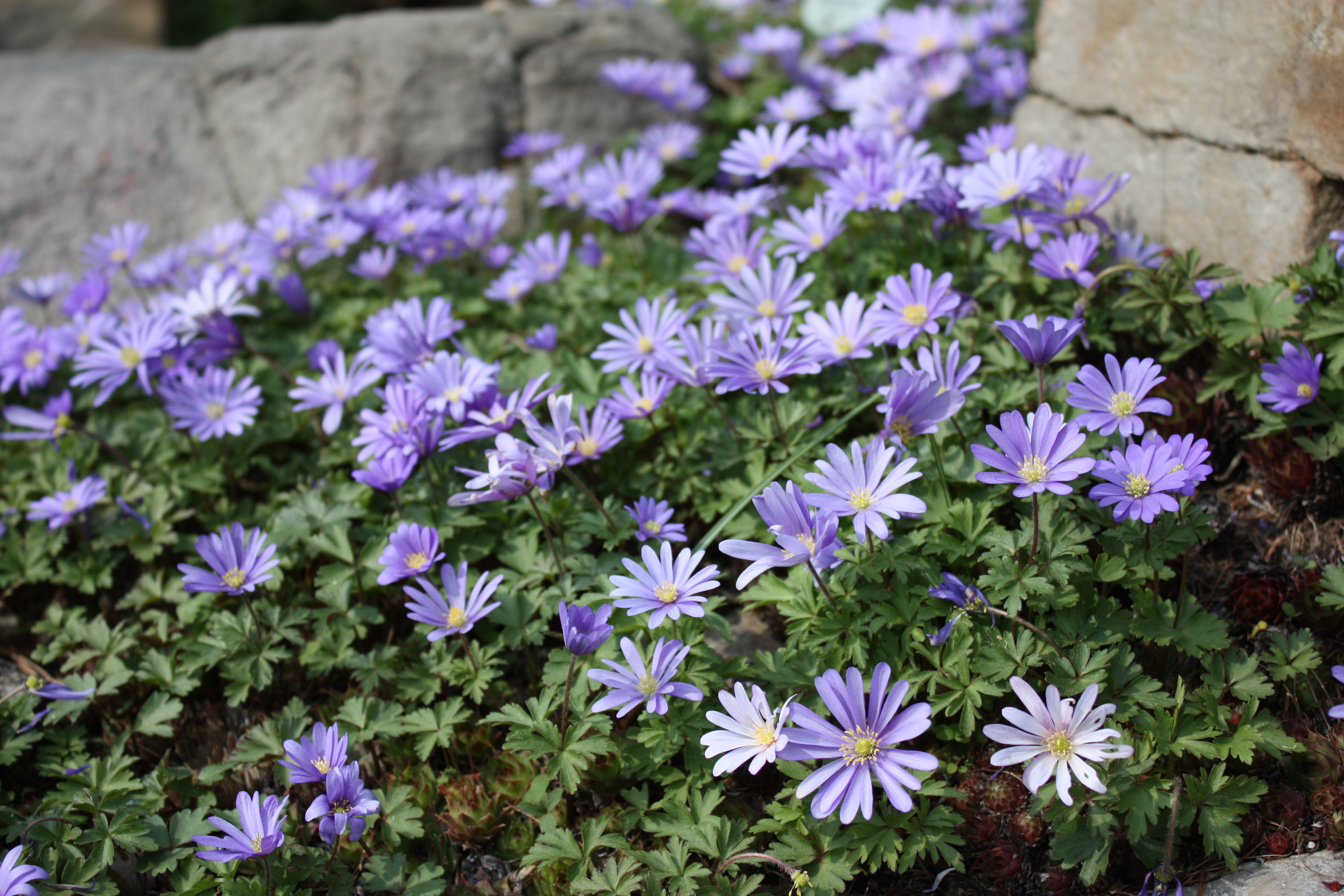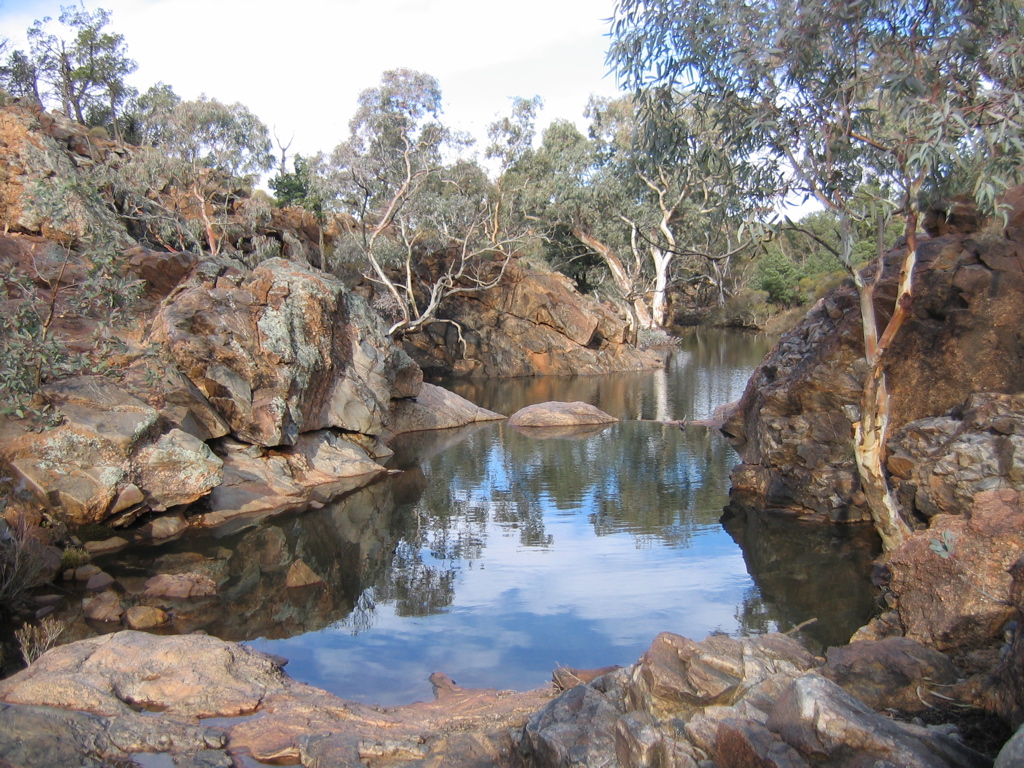|
Anemonoides Blanda
''Anemonoides blanda'', syn. ''Anemone blanda'', the Balkan anemone, Grecian windflower, or winter windflower, is a species of flowering plant in the family Ranunculaceae. The species is native to southeastern Europe and the Middle East. The specific epithet ''blanda'' means "mild" or "charming". The genus name is derived from the Greek word ''anemos'', or wind. Description An herbaceous tuberous perennial, it grows up to tall. It is valued for its daisy-like flowers over a fernlike foliage, which appear in early spring, a time when little else is in flower. The plants can also easily naturalize. The flowers are an intense shade of purple blue, but are also available in shades of pink and white. Leaves The green leaves are finely divided and arranged in a whorled and alternate pattern. They do not contain hair like structures. The leaves are deeply cut. The plant has compound leaves that are grown in basal arrangement. The edges of the blades of leaves contain teeth. Roots ... [...More Info...] [...Related Items...] OR: [Wikipedia] [Google] [Baidu] |
Heinrich Wilhelm Schott
Heinrich Wilhelm Schott (7 January 1794 in Brünn (Brno), Moravia – 5 March 1865 at Schönbrunn Palace, Vienna) was an Austrian botanist well known for his extensive work on aroids (Araceae). He studied botany, agriculture and chemistry at the University of Vienna, where he was a pupil of Joseph Franz von Jacquin (1766–1839). He was a participant in the Austrian Brazil Expedition from 1817 to 1821. In 1828 he was appointed ''Hofgärtner'' (royal gardener) in Vienna, later serving as director of the Imperial Gardens at Schönbrunn Palace (1845). In 1852 he was in charge of transforming part of palace gardens in the fashion of an English garden. He also enriched the Viennese court gardens with his collections from Brazil. He was also interested in Alpine flora, and was responsible for development of the alpinum at Schloss Belvedere in Vienna. In 2008, botanists P.C.Boyce & S.Y.Wong published '' Schottarum'', a genus of flowering plants from Borneo belonging to the family Ar ... [...More Info...] [...Related Items...] OR: [Wikipedia] [Google] [Baidu] |
Lebanon
Lebanon ( , ar, لُبْنَان, translit=lubnān, ), officially the Republic of Lebanon () or the Lebanese Republic, is a country in Western Asia. It is located between Syria to the north and east and Israel to the south, while Cyprus lies to its west across the Mediterranean Sea; its location at the crossroads of the Mediterranean Basin and the Arabian hinterland has contributed to its rich history and shaped a cultural identity of religious diversity. It is part of the Levant region of the Middle East. Lebanon is home to roughly six million people and covers an area of , making it the second smallest country in continental Asia. The official language of the state is Arabic, while French is also formally recognized; the Lebanese dialect of Arabic is used alongside Modern Standard Arabic throughout the country. The earliest evidence of civilization in Lebanon dates back over 7000 years, predating recorded history. Modern-day Lebanon was home to the Phoenicians, a m ... [...More Info...] [...Related Items...] OR: [Wikipedia] [Google] [Baidu] |
Ephemeral Plants
Ephemerality (from the Greek word , meaning 'lasting only one day') is the concept of things being transitory, existing only briefly. Academically, the term ephemeral constitutionally describes a diverse assortment of things and experiences, from digital media to types of streams. "There is no single definition of ephemerality". With respect to unique performances, for example, it has been noted that " hemerality is a quality caused by the ebb and flow of the crowd's concentration on the performance and a reflection of the nostalgic character of specific performances". Because different people may value the passage of time differently, ephemerality may be a relative, perceptual concept: "In brief, what is short-lived may not be the object itself, but the attention we afford it".Ronald Beiner, ''Political Philosophy: What It Is and Why It Matters'' (2014), p. 10. Ephemerality and nature Geographical features An ephemeral stream is that which only exists following precipitation. ... [...More Info...] [...Related Items...] OR: [Wikipedia] [Google] [Baidu] |

